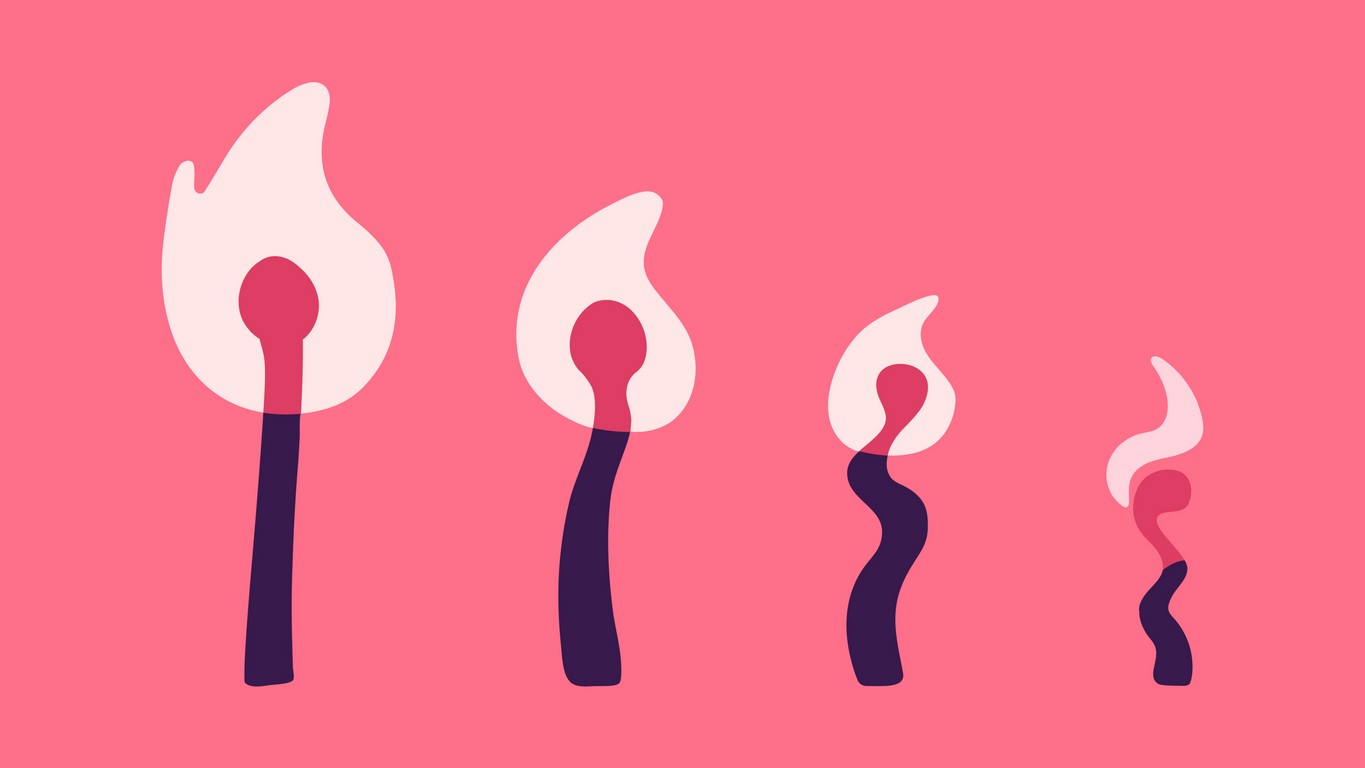Erectile Dysfunction
Causes of Reduced Sexual Desire and How to Solve Them
Introduction
Sexual desire plays a crucial role in our lives, contributing significantly to happiness and intimacy, especially in romantic relationships and marriage. However, many people today face a decline in sexual desire, which can adversely affect their quality of life and mental health.
In a world filled with increasing pressures and complexities, reduced sexual desire can stem from various factors, including physiological, psychological, and lifestyle-related issues. This article will delve into the primary causes of reduced sexual desire and provide practical solutions to help you regain your confidence and improve your quality of life.
Part 1: Causes of Reduced Sexual Desire
1.1. Physiological Causes
Hormonal Imbalance Hormones play a vital role in maintaining sexual desire. Testosterone in men and estrogen in women are the two main hormones regulating libido. When these hormone levels decrease or become imbalanced, sexual desire often declines.
Hormonal imbalances can be caused by age; for instance, women may experience a significant drop in estrogen during menopause, while men might see a reduction in testosterone as they reach their 40s. Additionally, conditions like polycystic ovary syndrome (PCOS) in women or endocrine disorders in men can also greatly impact sexual desire.
Side Effects of Medication Certain medications can have side effects that reduce sexual desire. Common culprits include antidepressants, blood pressure medications, antipsychotics, and contraceptives. These drugs can alter hormone levels and neurotransmitter activity, leading to decreased libido.
Chronic Illness and General Health Chronic health conditions such as diabetes, heart disease, thyroid problems, kidney disease, and high blood pressure can contribute to a reduced sex drive. Moreover, obesity and a sedentary lifestyle can negatively impact overall health, leading to diminished sexual desire.
1.2. Psychological Causes
Stress and Anxiety Modern life is filled with work, financial, and family pressures, which often lead to chronic stress. Stress directly affects mood and sexual desire, causing many individuals to lose interest in sex.
Depression and Anxiety Disorders Depression and anxiety disorders not only impact mood but also lead to a decreased libido. People experiencing negative emotions often find it difficult to feel comfortable or enthusiastic about sexual activity.
Social Pressure and Expectations Societal expectations, especially for men to always be “strong” in sexual matters, can create immense pressure, leading to a loss of confidence and reduced desire. Similarly, women may feel pressured by body image standards, which can affect their sexual drive.
Relationship Issues Lack of communication, unresolved conflicts, or a sense of emotional disconnection from one’s partner can lead to decreased sexual desire. When a relationship is strained, the enthusiasm for sexual intimacy often fades.
1.3. Lifestyle and Habitual Factors
Use of Stimulants and Substances The use of alcohol, tobacco, and other stimulants can have a negative effect on sexual desire. These substances can alter physiological processes, reducing blood flow to sexual organs and diminishing libido.
Sleep Deprivation and Fatigue Chronic sleep deprivation leads to exhaustion, which directly impacts the ability and desire for sexual activity.
Unhealthy Diet A diet that lacks essential nutrients and includes excessive amounts of fats, sugars, and processed foods can reduce energy levels and impair sexual desire.
Part 2: Solutions to Overcome Reduced Sexual Desire
2.1. Addressing Physiological Factors
Improve Your Diet A healthy diet plays a crucial role in enhancing sexual desire. Foods such as oysters, dark chocolate, almonds, watermelon, and leafy green vegetables can help boost blood circulation, improve hormone levels, and stimulate libido.
On the other hand, it’s important to limit the consumption of fast food, processed foods, sugary beverages, and fatty foods, as these can negatively impact sexual health.
Regular Physical Exercise Engaging in regular exercise improves blood circulation, overall health, and releases endorphins – hormones that contribute to happiness and relaxation. Exercises such as yoga, cardio workouts, and weight training are particularly beneficial for enhancing sexual health.
Medical Consultation and Treatment If you experience prolonged issues with reduced sexual desire, consulting a specialist can be helpful. Regular health check-ups and treatment for hormonal or chronic health conditions can effectively address this issue.
2.2. Addressing Psychological Factors
Reduce Stress and Pressure Practicing relaxation techniques such as meditation, yoga, or deep breathing exercises can help alleviate stress and anxiety. Additionally, creating a private and romantic space can help rekindle sexual desire.
Seek Psychological Counseling or Therapy If psychological issues are the primary cause of reduced sexual desire, seeking help from a professional counselor can be highly beneficial. Individual or couple therapy can help address underlying stressors, boost confidence, and improve sexual interest.
Building a Healthy Relationship Open communication and emotional sharing are essential for building a healthy, connected relationship. These practices not only foster mutual understanding but also enhance sexual desire and intimacy.
2.3. Lifestyle Changes and Habit Adjustments
Limit or Quit Stimulants and Substances Reducing or quitting alcohol, tobacco, and other stimulants can significantly benefit sexual health. This change helps improve blood flow, sensitivity, energy levels, and libido.
Establish Healthy Sleep Habits Adopting a regular sleep schedule and ensuring quality sleep can rejuvenate the body and increase sexual desire.
Maintain a Balanced and Healthy Lifestyle Ultimately, maintaining a healthy lifestyle with a good work-life balance can help reduce stress and improve overall sexual health.
Conclusion
Reduced sexual desire is a common issue that many people face today. However, by understanding the causes and applying appropriate solutions, you can effectively address this issue and improve your quality of life.
Taking care of your sexual health is a vital aspect of maintaining personal happiness and fulfilling relationships. Proactively identifying and addressing factors that affect sexual desire will help you maintain confidence and happiness in your daily life.

